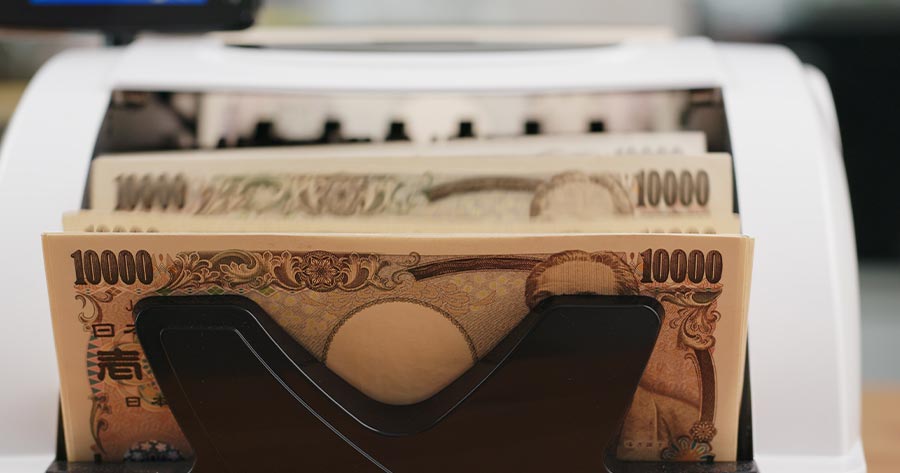In January, core consumer inflation in Japan accelerated to 3.2%, marking the fastest rise in 19 months and bolstering expectations that the central bank might continue increasing interest rates.
Following the data release on Friday, bond yields climbed as investors anticipated a more aggressive approach to rate hikes by the Bank of Japan (BOJ) amid mounting inflationary pressures.
The core consumer price index (CPI), excluding fresh food, experienced an annual increase of 3.2%, slightly surpassing the market’s 3.1% projection and following December’s 3.0% rise.
Ryosuke Katagi, an economist at Mizuho Securities, noted that while services inflation isn’t accelerating significantly, the inflation for goods isn’t showing any sign of slowing either, which could lead the BOJ to see room for further rate increases as it aligns with their forecasts.
Another index, excluding both fresh food and fuel, often used by the BOJ to gauge demand-driven inflation, increased by 2.5% in January year-on-year, representing the quickest pace since March 2024 when it climbed 2.9%.
Moreover, the two-year Japanese government bond yield rose 1.0 basis point to 0.830%, reaching its highest point since October 2008.
Inflation has stayed above the BOJ’s 2% target for nearly three years, emphasizing the growing inflationary strain that has prompted hawkish comments from BOJ officials.
The central bank raised its short-term interest rate to 0.5% in January from 0.25%, indicating confidence that Japan is moving toward achieving its 2% inflation target sustainably. Governor Kazuo Ueda has expressed openness to further rate hikes if wage growth continues, supporting consumer spending and enabling firms to raise wages.
The BOJ indicated that robust wage growth could incentivize service-sector companies to pass along increasing labor expenses, shifting the primary driver of inflation from escalating raw material costs. However, the persistently high prices of fuel and food create uncertainty about whether the current cost-push pressures will diminish.
In January, households faced steep increases in the costs of rice, vegetables, and other food items, coupled with a 10.8% rise in energy expenses. Headline consumer inflation, including fresh food prices, reached 4.0% in January, up from 3.6% the previous month, marking the highest level in two years.
Meanwhile, services inflation rose 1.4% in January year-on-year, down from December’s 1.6% increase.
Japan’s economy grew by an annualized 2.8% in the final quarter of the previous year, driven by strong business expenditure and consumer spending, reinforcing the BOJ’s rationale for potential further rate hikes.
A Reuters poll revealed that most economists anticipate the BOJ to raise rates again this year, likely in the third quarter, aiming for a rate of 0.75%.





